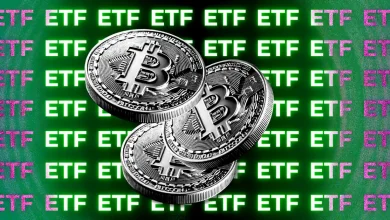
In 2024, Singapore has vaulted to the forefront of Asia’s crypto landscape, establishing itself as a premier hub for digital assets. Over the course of just one year, Singapore has impressively issued 13 licenses to major cryptocurrency platforms such as OKX, Upbit, Anchorage, BitGo, and GSR. This figure marks a significant increase, doubling the number of licenses granted just a year prior in 2023. This swift expansion underscores Singapore’s strong commitment to fostering a thriving digital asset industry.
Why Singapore is Winning the Crypto Race
One of the pivotal factors contributing to Singapore’s success in the crypto arena is its flexible regulatory environment. In stark contrast to Hong Kong, where stringent policies govern token listings and the custody of customer assets, Singapore offers a more open and welcoming regulatory framework for emerging crypto businesses. This adaptability allows smaller crypto firms to flourish alongside well-established financial institutions, fostering an environment ripe for innovation and growth.
Moreover, Singapore’s openness to a broader spectrum of tokens sets it apart. While Hong Kong restricts trading to Bitcoin and Ether, Singapore’s inclusive approach makes it an even more attractive destination for crypto companies seeking to explore diverse digital assets.
Hong Kong Struggles to Keep Up
Conversely, Hong Kong has encountered challenges in keeping pace with Singapore’s rapid progress. By the end of 2024, Hong Kong had granted licenses to only seven platforms, with a notable four approvals arriving as late as December 18, 2024. This delay highlights the slower pace at which Hong Kong is adapting to the evolving crypto landscape.
Complicating matters further, notable exchanges such as OKX and Bybit have withdrawn their applications, citing Hong Kong’s rigorous regulatory stance as a deterrent. This slower development emphasizes the hurdles Hong Kong faces in vying with Singapore for crypto supremacy. Additionally, Hong Kong’s close ties to China, where crypto trading remains banned, introduce political uncertainties that deter international crypto companies from establishing a presence in the city, creating a less inviting environment for innovation.
Singapore’s Advantages
Both Singapore and Hong Kong have made significant strides in advancing blockchain technology. Singapore has launched groundbreaking initiatives like Project Guardian and Global Layer 1, which focus on tokenizing assets and promoting blockchain applications. These projects underscore Singapore’s commitment to leveraging blockchain technology for economic growth.
Meanwhile, Hong Kong has seen success with digital green bonds and ETFs for Bitcoin and Ether. However, these financial products have not generated the same level of excitement and engagement observed in the U.S. market, indicating a need for Hong Kong to adapt its strategies to capture greater interest and investment in its crypto offerings.





